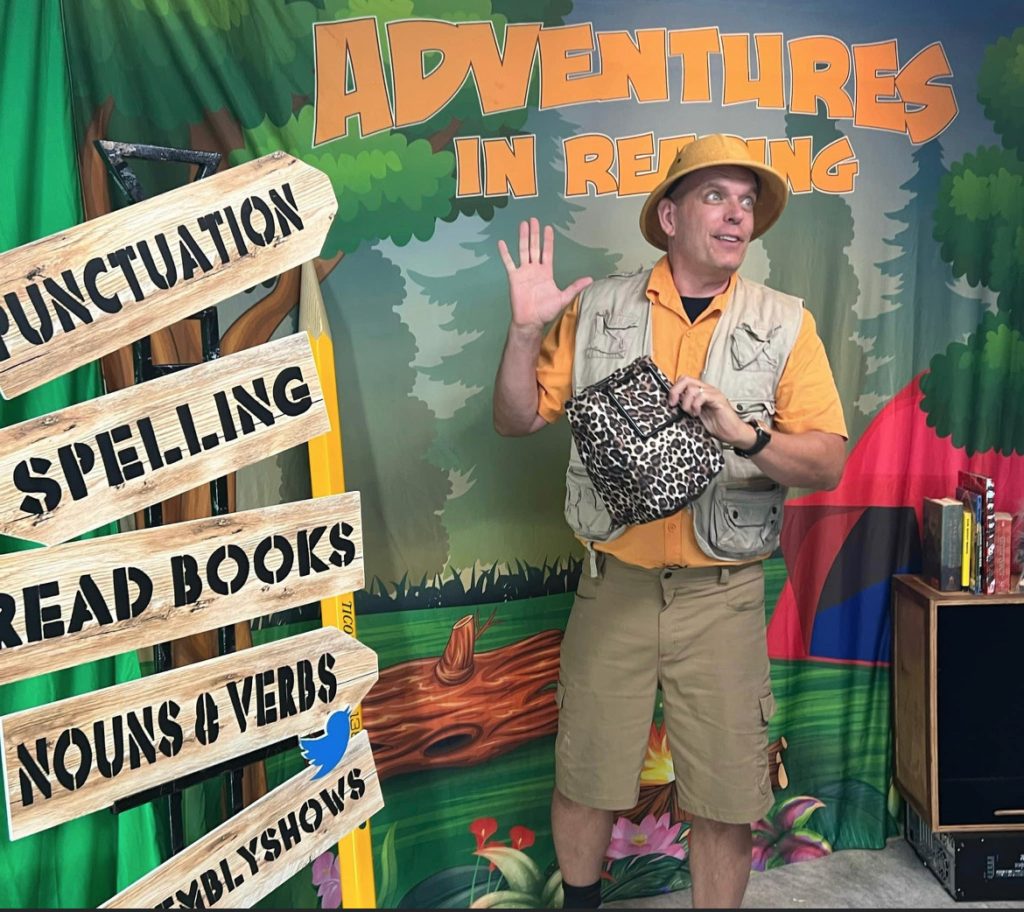
Children love to read. Some say they don’t, but that could simply be because they either haven’t found the right materials to keep them properly engaged, or they haven’t spent enough time doing it yet.
What skills are important for learning to read? When do these skills develop? How should they be taught? These questions have been asked and studied in depth by researchers for decades. This research on reading development and reading instruction is part of a body of knowledge known as the science of reading (Petscher et al., 2020).
One of the first debates related to the science of reading concerned whether reading is an innate or learned skill: can children learn to read without explicit instruction? In this debate, the development of a child’s reading ability was often compared to the development of oral language.
Children are born with brains that are ready and receptive to oral language learning. In a typical environment where children are exposed to language, they automatically acquire the ability to speak without being explicitly taught to do so (e.g., Eimas, 1985). By about age six, children can usually pronounce all speech sounds correctly, speak in detailed sentences, and use correct grammar (American Speech- Language-Hearing Association [ASHA], n.d.b).
Unlike oral language, science of reading research indicates that the brain is not set up to read by design. The brain has a region that processes linguistic stimuli and another region that processes visual stimuli. To read successfully, a child’s brain must connect these two regions so that the child can integrate sound (the linguistic stimuli) and print information (the visual stimuli). Imaging studies of the brain show that these two brain regions are not connected in children from birth. Rather, children’s brains build this connection only as they learn to read.
Moreover, children who learn to read also develop their brains’ ability to automatically recognize words from sight (Hruby & Goswami, 2011; Shaywitz & Shaywitz, 2008). Because of the many connections in the brain that need to be developed, reading skills require more time, effort, and instruction than oral language skills. Children often begin reading when they enter formal school and then take several more years to become good readers (ASHA, n.d.a; ASHA, n.d.b).

Scheer Genius Assembly Shows offers 3 different assembly shows that make a difference in a student’s reading success. These proven assembly programs are available year round. Let us know how we can help you.
Our Memory Madness elementary program teaches the secrets of visualization to improve comprehension.
The Adventures in Reading school show takes students on a campfire style adventure to discover silly secrets of punctuation and sentence structure.
The Magic Bookshelf assembly show introduces students to current and classic literature in a magically delightful way.
Call Doug Scheer at 248 891-1900 or email him at assemblyshows@gmail.com for more information.
Much of the content above is gathered, edited, and rewritten from Scholastic’s website. To read the original copy and so much more visit: